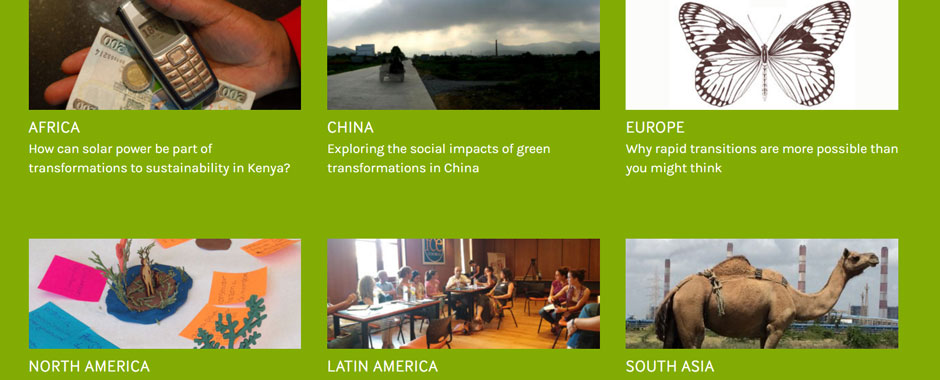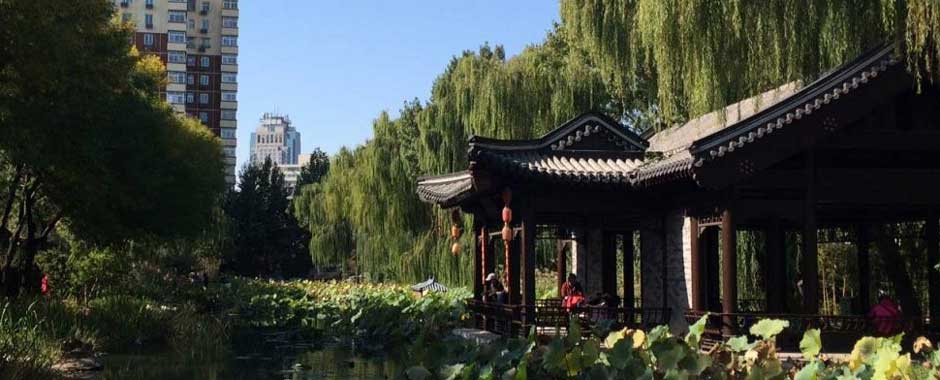You might have noticed that the STEPS Centre has a new website. As the final step to our online facelift, we have just launched a new global section of the…
Introducing the new STEPS Centre and Global Consortium website
Winners and losers of China’s green transformation
The willow trees and pagodas lining the shore of the canal in a newly-built park in Jishuitan, Beijing are all meant to evoke the sights and smells of the Qing…
Recipe for a Green Economy
Why aren’t the media talking more about climate change and population growth? asked Nigel Chapman, the Director of the BBC World Service and Trust from 2004 to 2009, speaking at…
Understanding the Anthropocene: blog series
We now live in an era where humankind has become the dominant force behind global environmental change. Paul Crutzen and Eugene Stoermer introduced the term “Anthropocene” to reflect the growing…
Makerspaces: Creating inclusive spaces for sustainable innovations
Making stuff is all the rage these days. But how does sustainable development fit into this enthusiasm? The White House is celebrating a Week of Making from June 16-23 2016…
The financialisation of nature
Financialization describes an economic system or process that aims to reduce all values into a financial instrument. As part of this process, nature is treated as a private resource or…
Making visible the hidden cogs of the urban nexus
On the steep hills on the outskirts of Lima, slums like San Juan de Lurigancho are ever expanding. As roads and shacks are built on steep slopes, residents face the…
Contested Agronomy: Imagining different futures for food and farmers
The question of how to improve farming to feed and sustain people in developing countries is as important as ever, and there are no easy solutions. One route to finding…
Nexus, resource conflict and social justice: are we speaking the same language?
Nexus network meetings are a bit like a bar scene in Star Wars, joked Professor Mike Bradshaw, from the University of Warwick: “What we need is a universal translator to…
Exporting China and Brazil’s agricultural know-how to Africa
Can China and Brazil use their home grown agricultural knowledge, which has driven phenomenal agricultural productivity at home, to transform agriculture in Africa? That was one of many questions discussed…

